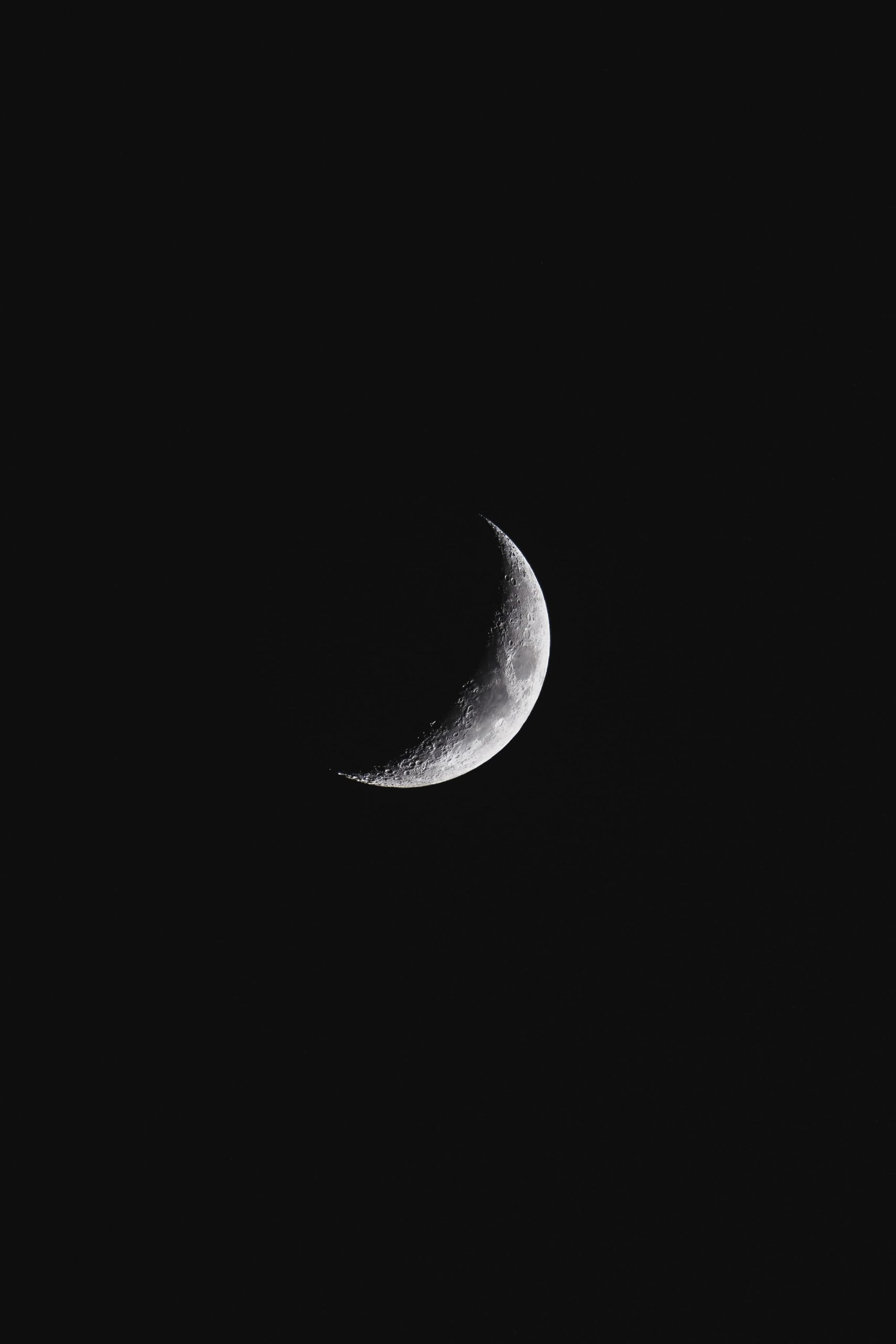Is the Menstrual Cycle Connected to the Moon? Exploring the Lunar Cycle and Menstruation
Many ancient cultures and folk beliefs have long associated the menstrual cycle with the waxing and waning of the moon. From the moon’s gravitational pull influencing the ebb and flow of menstrual blood to the synchronization of women’s cycles during a full moon, these connections have fascinated and intrigued people for centuries. In this blog post, we’ll delve into this age-old connection and explore the scientific evidence behind it.
The Lunar Cycle and Menstruation
The lunar cycle refers to the monthly orbit of the moon around the Earth, resulting in different phases such as the new moon, first quarter, full moon, and last quarter. Historically, lunar calendars were used in various cultures to track time and seasons, often playing a role in religious and agricultural practices.
The association between the menstrual cycle and the lunar cycle can be traced back to ancient civilizations. Some cultures believed that women’s bodies were innately connected to the moon, experiencing similar cyclical patterns. For example, ancient Greeks associated the moon goddess Selene with regulating women’s menstrual cycles.
In the modern era, this connection has continued to capture the attention of researchers and curious minds alike. Some theories propose that the gravitational pull of the moon affects the fluids within the human body, including menstrual blood. They suggest that just as the moon’s gravitational forces create tides in oceans, it may influence the movement of fluids in women’s bodies, potentially affecting their menstrual cycles.
The Influence of Gravity on Menstruation
Gravity plays a fundamental role in human physiology, shaping how our bodies function and how fluids move within us. However, the specific influence of the moon’s gravitational force on menstrual cycles remains a topic of debate among researchers.
One study conducted in 1980 examined the relationship between the lunar cycle and menstrual cycle length using a sample of over 800 women. The researchers found no statistical evidence to support the notion that women’s menstrual cycles synchronized with the moon’s phases.
Another study published in 2006 analyzed data from over 1,000 women and found no significant connection between the lunar cycle and the onset of menstruation. The researchers concluded that the lunar cycle did not influence the timing of women’s menstrual cycles.
While these studies may cast doubt on the moon’s direct impact on the timing or synchronization of menstrual cycles, it’s important to note that other environmental and genetic factors can still play a role. Women’s menstrual cycles can vary in length and regularity due to factors such as stress, diet, hormonal changes, and individual genetics.
Synchronization of Menstrual Cycles
Another aspect of the moon-menstruation connection is the belief that women’s menstrual cycles can synchronize during a full moon. This phenomenon, known as the “menstrual synchrony” or “menstrual-hygiene hypothesis,” suggests that when women live in close proximity, their menstrual cycles can align over time.
The idea of menstrual synchrony gained popularity in the 1970s after a research study conducted by Martha McClintock suggested that women living together in college dorms showed a tendency to synchronize their menstrual cycles. However, subsequent studies have yielded mixed results and criticized the original study’s methodology.
A comprehensive review published in 2013 examined 186 studies on menstrual synchrony and concluded that the scientific evidence did not support the existence of menstrual synchrony. The review found various flaws in the methods used in previous studies, such as small sample sizes, self-reporting bias, and inadequate statistical analysis.
Conclusion: The Moon and Menstrual Cycle Connection
While the association between the menstrual cycle and the moon has endured for centuries, scientific research does not provide strong evidence supporting a direct connection. Studies examining the relationship between the lunar cycle and menstrual cycle length or onset have not found significant correlations.
Similarly, the idea of menstrual synchrony, where women’s cycles align over time, lacks consistent evidence and may be subject to various methodological issues.
Ultimately, the human body’s complex internal mechanisms and the factors influencing menstrual cycles are likely more strongly influenced by internal hormonal rhythms, environmental stimuli, and individual variability.
While the moon’s gravitational forces undoubtedly shape our planet, its direct impact on the menstrual cycle remains uncertain. However, the cultural and mythological associations between women, the moon, and fertility continue to fascinate and spark the imagination.
Table of Contents
